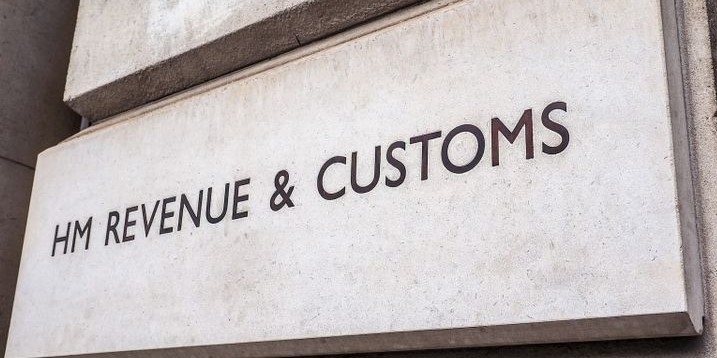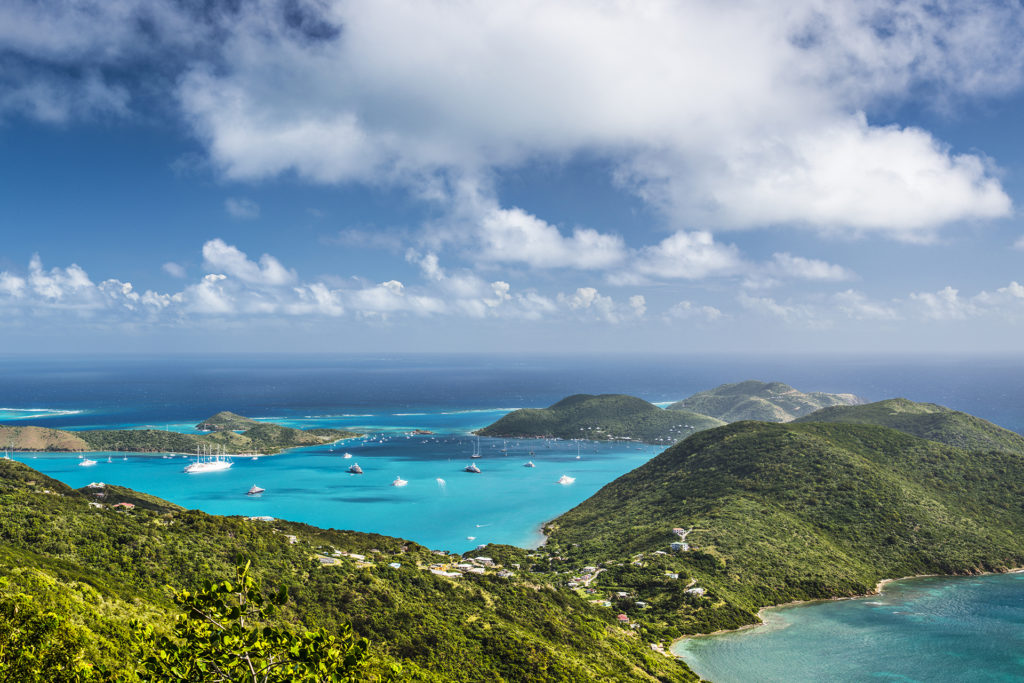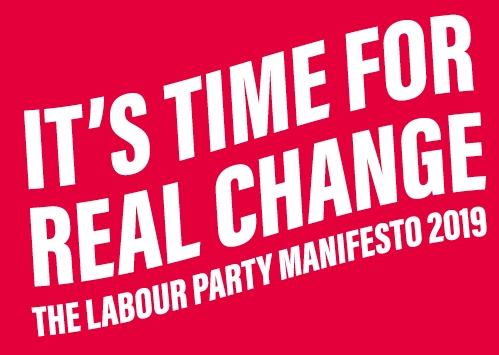By John Pickard
The gigantic scale of tax-dodging by the British and overseas super-wealthy is not going to be resolved by the Tories because their friends are in it up to their necks. But unfortunately, the current Labour leadership are so deeply embedded in the Establishment themselves that they put forward no answers either, apart from a few platitudes.
The size of the mountain of wealth that is simply salted away is eye-watering. The Financial Times on May 29 revealed the monumental scale of it. “The UK tax authority has admitted”, the article points out, that “it has no idea how much tax is being evaded by UK residents holding money offshore, after new figures revealed hundreds of billions of pounds was held in tax havens”.
Information disclosed by a Freedom of Information request to HM Revenue and Customs show that in 2019 (the latest year for which HMRC has data) UK residents had £850bn in financial accounts overseas, of which £570bn was based in tax havens.
£850bn salted away by UK residents
The big majority of the population facing the biggest cuts in living standards for generations, and ‘sacrifices’ are expected all round. But imagine what could be done with the £850bn that is salted away – by UK residents – in offshore tax havens!
HMRC calculates the data from information that is shared internationally by more than a hundred countries using the so-called Common Reporting Standard (CRS) rules. There are two problems with the CRS system, however. The first is that not all tax-havens freely give data. The second is that even with the broad figures provided, HMRC, by their own admission “have not produced or received any estimates, analysis or statistical information as to what proportion of the foreign financial accounts have been ‘properly disclosed’, nor can this be accurately inferred in the data we hold”. In other words, we know it’s there, but we can’t (or won’t) pursue it.

Some tax experts, not surprisingly, have criticised HMRC’s failures. One tax expert argued that “in most cases it should be straightforward for HMRC to automatically cross-check tax returns — which require individuals to declare their offshore accounts — with the CRS data to identify tax cheats and use the result to create an approximate estimate for offshore tax evasion”.
“What’s the point of this information,” asked an assistant economics professor at the University of Warwick, “if it’s not being used?… It highlights the resourcing constraints HMRC are under.” Therein, of course, lies part of the answer.
By denying HMRC the necessary staff, skills – and the policy drive – to go after this gargantuan amount of tax-dodging, successive governments have effectively facilitated it. The tentacles of the British capitalist class, that tiny percentage of the population with enormous wealth and the political power to go with it, reach right into the heart of government and the tops of the Civil Service. As long as that is the case, they will prevent any public scrutiny or measures to prevent mountains of cash being hidden away overseas.
UK-linked tax havens could be stopped in a week
Much of the tax-dodging centres on British overseas territories and Crown colonies. These former UK possessions, mostly small islands, have all the advantages of links with the UK in terms of citizenship and mutual access to the business financial hubs of London. But they have complete autonomy when it comes to company law and financial regulation, so the ‘mutuality’ allows UK residents to salt money away very easily.
Because of the London connection, these UK-linked tax havens are among the most important centres for money-laundering and tax-dodging in the world. Yet their little games could be stopped in a week by any Westminster government with the political will to do it.
One of the most notorious tax havens is the British Virgin Islands archipelago. At the end of April, the Prime Minister of BVI was arrested in Miami on charges of money laundering and drug trafficking. In the immediate aftermath, the British government apparently considered ruling BVI directly from London, with Foreign Secretary Liz Truss, talking up a “need for urgent action.”
No prizes for guessing what happened next. The acting BVI Prime Minister, “from one of the islands’ main political families” (Financial Times) rejected the proposal of direct rule as “unacceptable”. He further rejected the recommendations of an inquiry into corruption and maladministration in the BVI which had just been released around the same time.
This was despite the fact that the inquiry “found ‘appalling’ failures in the BVI’s governance and a ‘high likelihood’ that serious corruption had occurred”. Although the British Virgin Islands is an island of only 30,000 people, it is home to more than 370,000 shell companies, all of them only in existence to hide cash. These companies hold more than $1.5tn in assets, owned by individuals and corporations all over the world. That is 10 shell companies and $50mn in assets for every BVI resident!

It is not a surprise that according to US anti-drugs agencies, BVI is a favoured route for cocaine trafficking out of South America.
The British Virgin Islands, a tiny part of the world, is number ten in a list of the biggest global centres for hiding wealth – which the Tax Justice Network estimate globally to be $10tn – but it is not the only one that falls within British jurisdiction.
A web of tax-havens linked to London and UK
“Extensive research”, the Tax Justice Network conclude, “has documented the ways in which the UK’s network of jurisdictions operates as a web of tax havens facilitating corporate and private tax abuse, at the centre of which sits the City of London. The UK spider’s web consists of the following British Overseas Territories and Crown Dependencies: Cayman Islands, British Virgin Islands, Guernsey, Jersey, Gibraltar, Bermuda, Isle of Man, Anguilla, Turks and Caicos Islands and Montserrat”.
“The US, UK, Germany and Italy”, the TJN point out, “all fall dangerously short on tackling the use of trusts to hide wealth and assets from the rule of law… Of all the financial secrecy practices to have come under scrutiny in recent months, the use of trusts as a secrecy weapon of choice has particularly gained attention after investigative journalism revealed Russian oligarchs using trusts to hide their assets and the UK Chancellor Rishi Sunak was found to be listed as beneficiary of trusts in the British Virgin Islands and Cayman Is.”
Another anti-corruption pressure group, Spotlight on Corruption’ published a report on January 24, on financial crime and money laundering in the UK. They noted that “Money laundering prosecutions have dropped by 35% over the past 5 years” and despite a few headline-grabbing prosecutions, “investigations into criminal money laundering by key regulators, like the Financial Conduct Authority (FCA) and HMRC, have dropped over the past five years.”
Even where there have been prosecutions into money laundering – in recent years involving the Nat West and HSBC, no bankers ever go to jail. The usual outcome is an agreed “penalty”, often hundreds of millions of pounds, to keep bankers out of jail. “Meanwhile”, the Financial Times suggests, “the National Crime Agency estimates that money laundering costs the UK £100bn while separate losses to fraud amount to about £190bn”.
Tax and legal agencies deliberately starved of resources
All in all, financial and economic crime, money laundering and tax-dodging cost the taxpayer a hundred times more than is spent by government agencies to combat them. As the Spotlight report noted, authorities are “overstretched and outgunned” by tax-dodgers and criminals. What has to be understood, however, is that this is not some kind of oversight but deliberate government policy and looks like remaining so for the foreseeable future.
Earlier this month, (May 15) right-wing Labour MP, Margaret Hodge, wrote an article in the Financial Times bemoaning the financial corruption based in London. “For too long”, she wrote, “the UK has been a ‘laundromat’ for corrupt wealth”. Her estimate was that economic crime cost the UK economy a massive £290bn a year. Yet for all the huffing and puffing about economic crime, tax havens and the like, Hodge offers no thorough-going solution to the problem and no critique of former Labour governments for doing nothing.
The 2019 Labour manifesto at least addressed the problem. “Big polluters, financial speculators and corporate tax-dodgers have had a free ride for too long”, it argued. Labour would launch, it promised, “the biggest ever crackdown on tax avoidance and evasion and reform the inefficient system of tax reliefs”. This is altogether too vague, even coming from the Corbyn leadership, but at least it points at a problem and there is not one iota of the same radicalism in the speeches and policies of the current Labour leadership.

The starting point for any discussion in the labour movement about this issue must be the fact that the political and financial establishment is not at all interested in closing the door on tax-dodging and hiding wealth, because they benefit from it.
Labour ought to take its own starting point as the needs of the overwhelming majority of the population, currently being impoverished by Tory policies. Being the fifth or sixth richest country in the world ought to mean that the wealth is deployed in the interests of the majority and that has to mean closing tax loopholes and tax-havens by the most radical means.
Desperate times call for desperate measures. All British Overseas territories and Crown Dependencies are subject to laws passed in London and Labour should demand, as a minimum, that all of their financial and company laws should be made to fall in line with UK laws which should be made transparent so that all overseas assets are declared. That would have to apply to disclosure of ownerships and directorships and transparency in all respects.
Of course, socialists are not in favour of the continuation of old colonial relationships, and if the majority of the population of an island tax-haven wished to become independent of the UK then that wish should be granted. But it should mean exactly what it says, full independence, relinquishing any special access, privileges or relationships to UK companies and financial institutions.
Bankers never go to jail, even when banks launder money
Labour needs to argue that all of the UK-linked colonial tax-haven arrangements should be shut down. Prosecutions for financial crime, including money-laundering, should be pursued to the end, with directors and bank executives jailed, if necessary, rather than be ‘negotiated’ away.
Ultimately, though, the struggle for a new society cannot simply be based on ‘fair taxation,’ no matter how popular that idea would be among most of the population. The key issue is why it is that a tiny part of the population has the lion’s share of wealth and income in the first place. Why is all of this astonishing wealth – which is, after all, created by working people themselves – hoarded by these parasites instead of being invested in services, infrastructure, jobs, wages, homes and a decent living standard for all?
Of course, we have to bring into the light of day all the sneaky tricks and scams the rich use to dodge taxes and to keep their wealth, while workers are being fleeced day in and day out. But the fight for socialism is really about who actually owns and controls the wealth of society: the businesses, banks, ports, transport system, utilities and services and in whose interests are they run.
When these resources are brought under the democratic control of the working class – in other words, the vast majority of society – the wealth they produce can be used to benefit that society as a whole. For the first time, everyone will be able to enjoy a secure and fulfilling life, free from poverty and hardship and these obscene levels of inequality and greed will finally be brought to an end.



